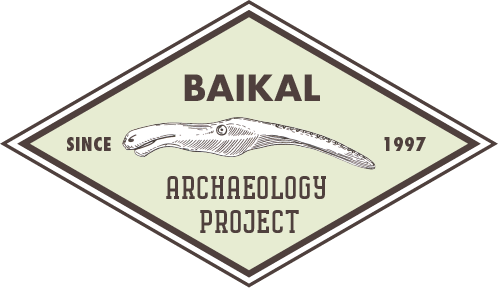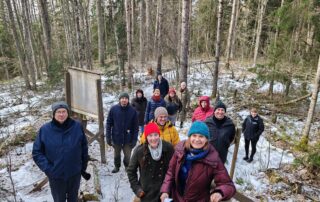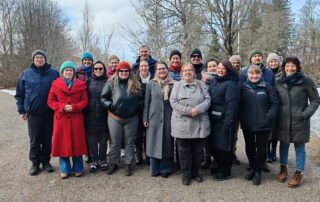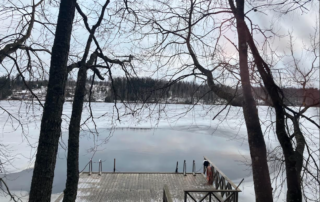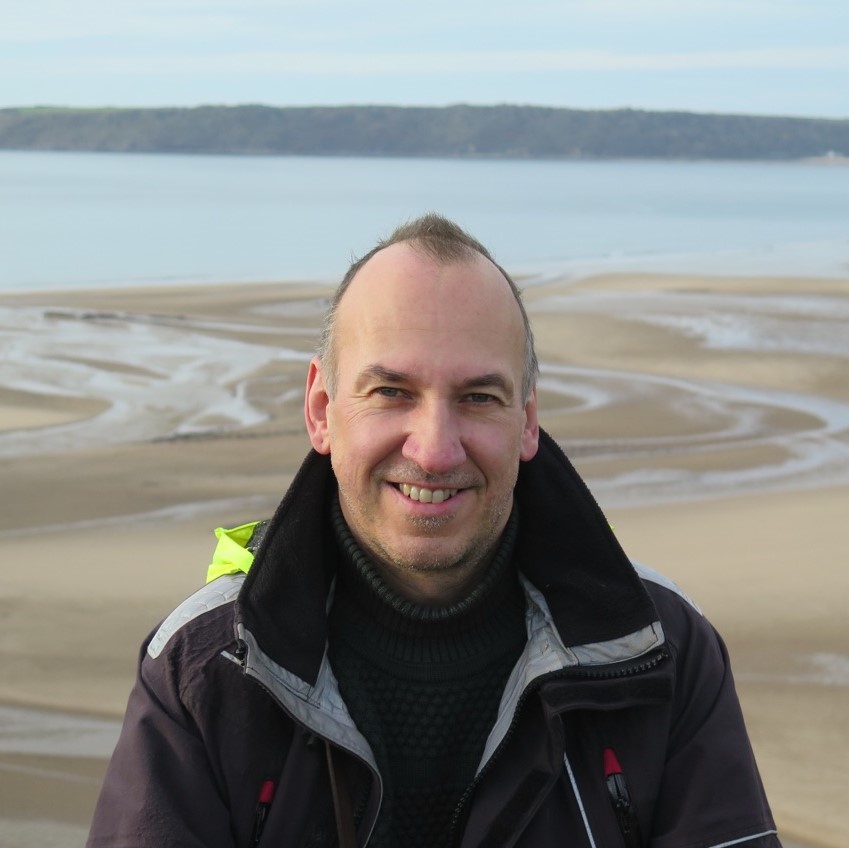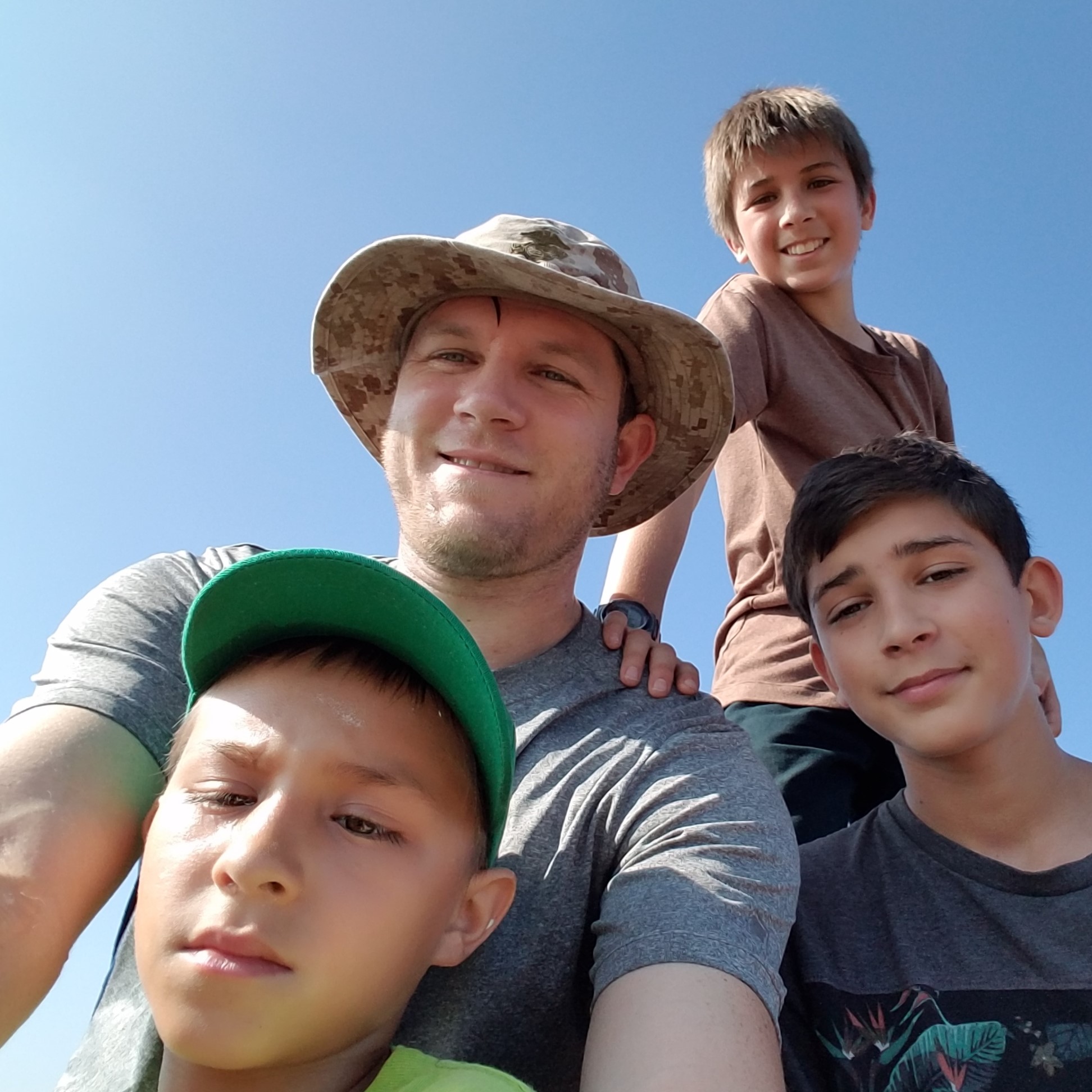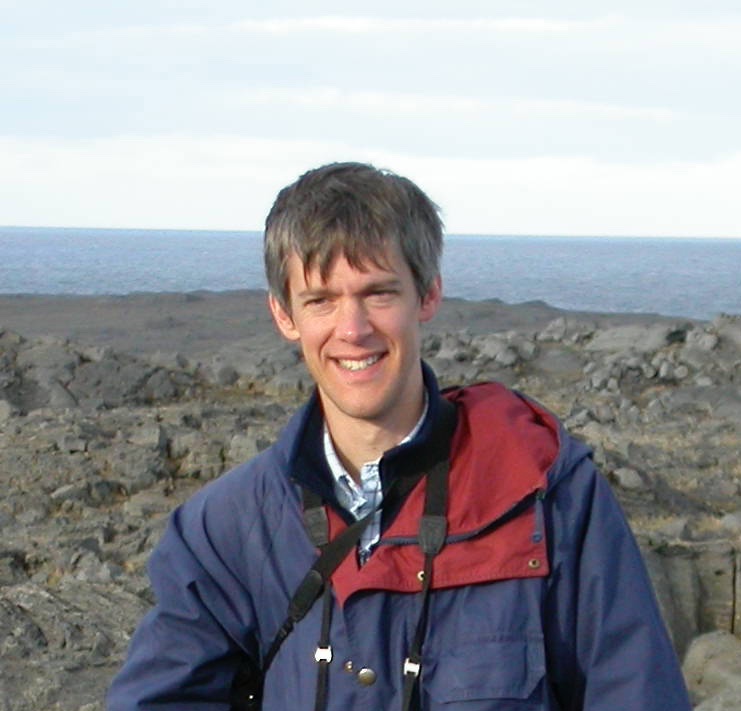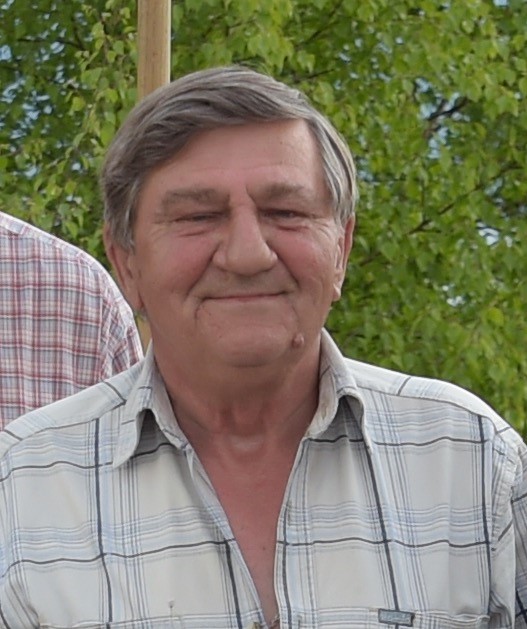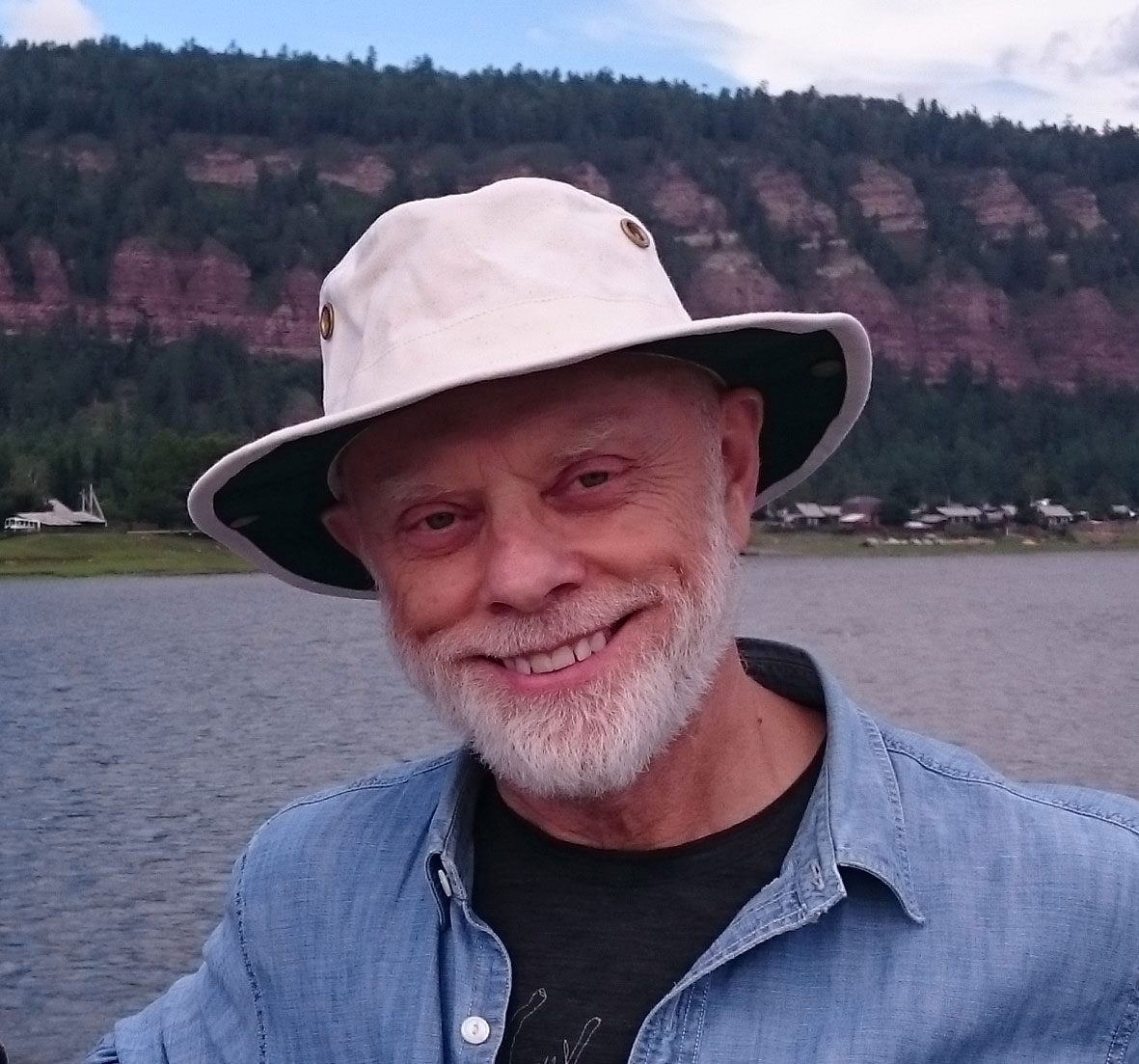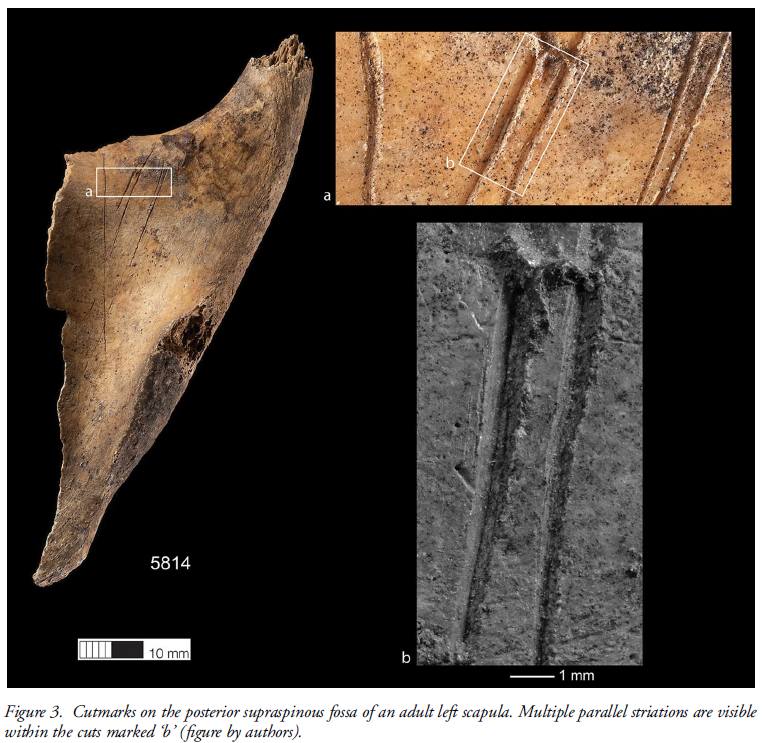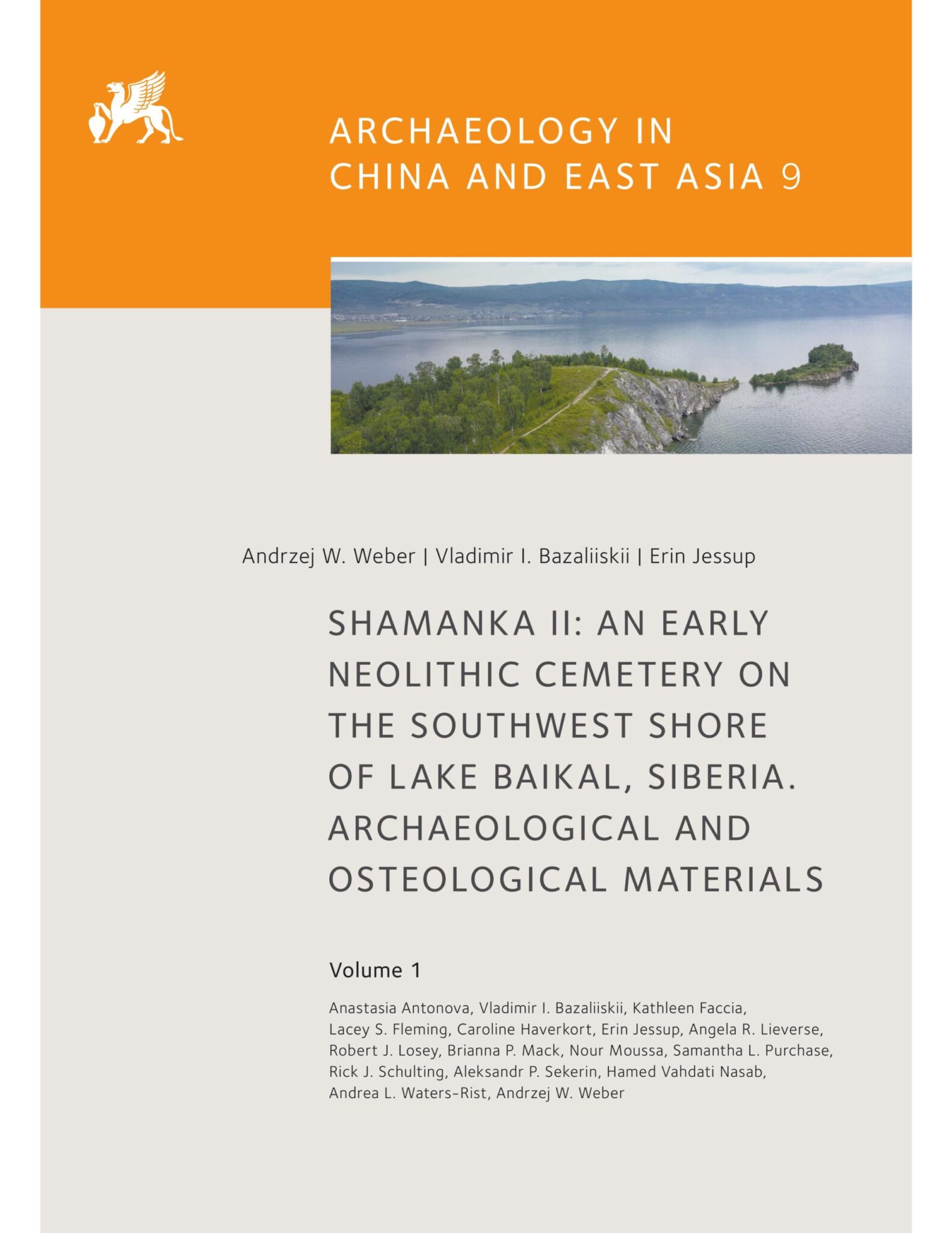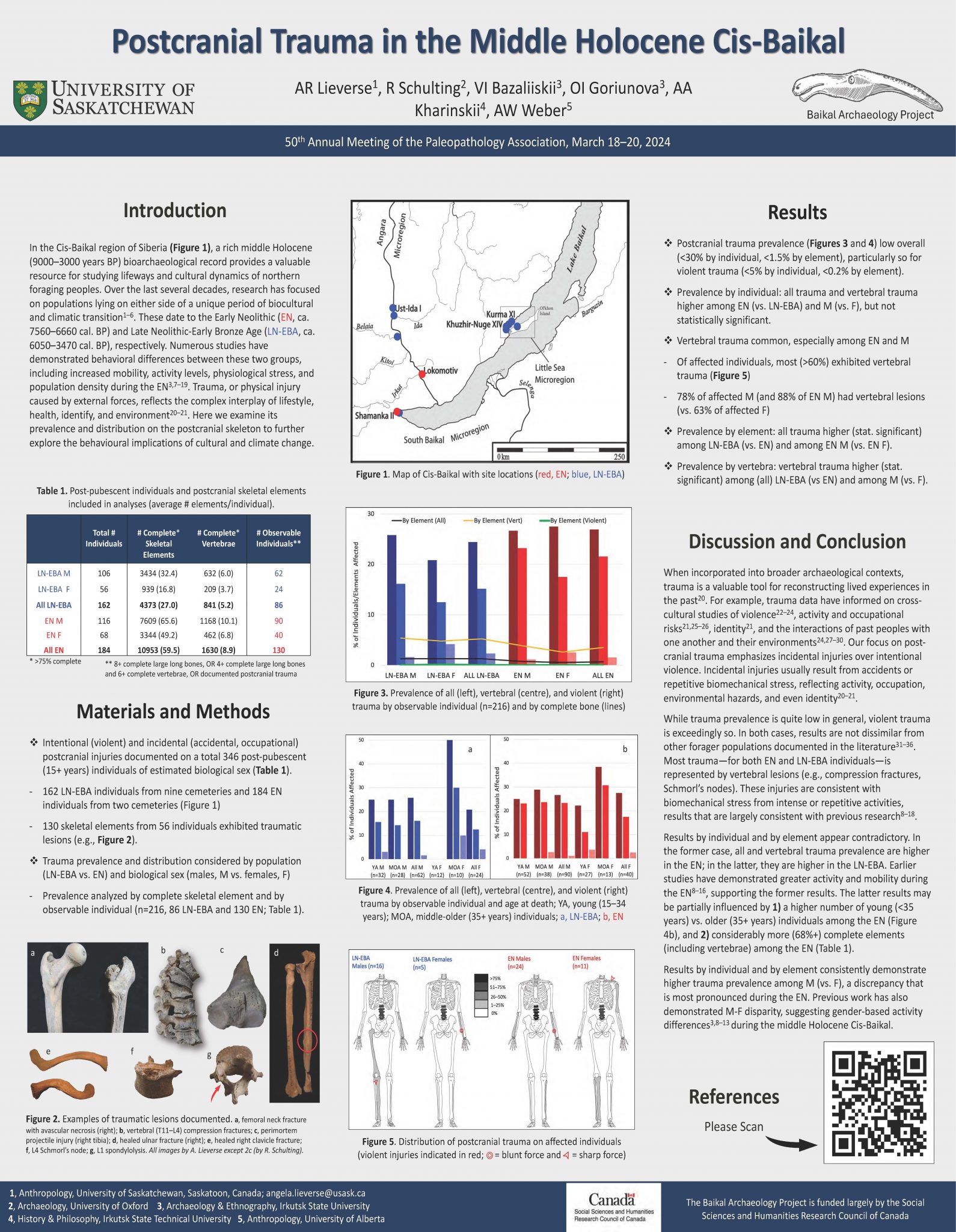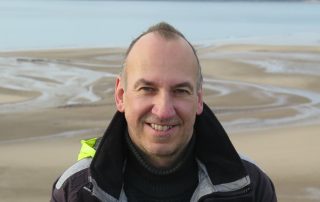Dr. Kristiina Mannermaa’s ‘Animals Make Identities’ final project meeting, Lammi research station, Finland
Fun news from Dr. Rick Schulting!: Many thanks to Kristiina Mannermaa and the organisers for hosting us all in the wonderful forest setting of the Lammi research station. We particularly appreciated (after some convincing on my part anyways) the refreshing dips into Lake Pappilanlahti after the sauna. A pool was thoughtfully kept ice-free! The presentations and discussions over three days provided many fascinating insights into the hunter-gatherers of northeast Europe. BAP was represented at the meeting by Rick Schulting [...]

